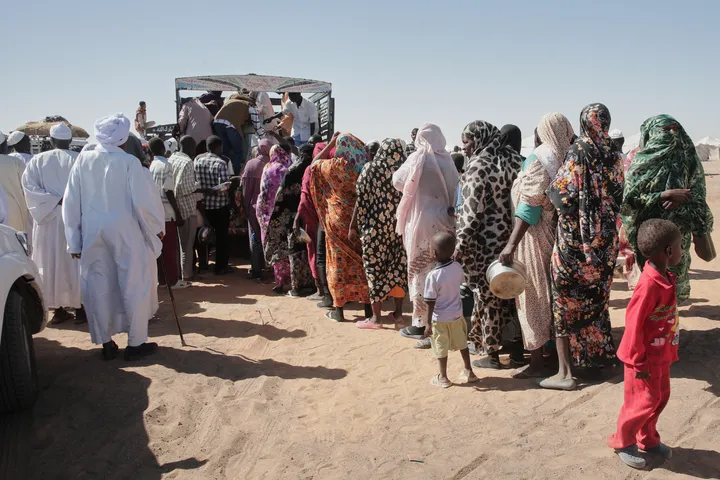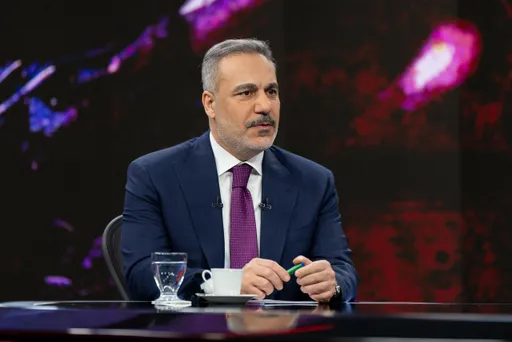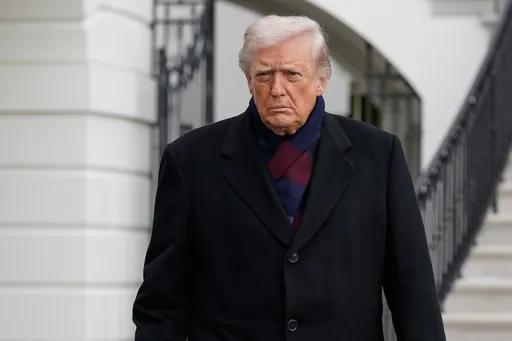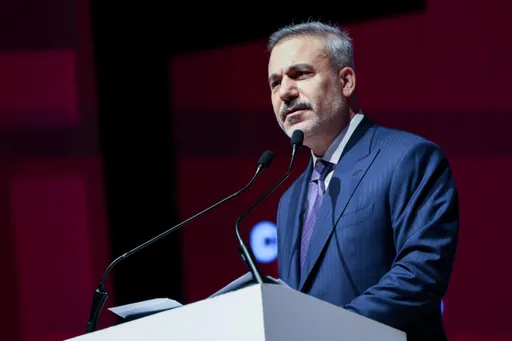New Zealanders will likely need to wait several more days to find out who will form the new government in the South Pacific island nation, the small nationalist party holding the balance of power said on Thursday.
The New Zealand First Party was holding a fifth day of talks with both the ruling National and opposition Labour Parties to form a coalition government, almost three weeks after an inconclusive general election.
Prime Minister Bill English’s ruling National Party won 56 seats in the September 23 election, while a Labour-Green bloc have 54 seats, leaving both needing New Zealand First’s nine seats to meet the 61 seats needed for a majority in parliament.
New Zealand First leader Winston Peters said that he was “pretty confident” that those talks with the main parties would conclude on Thursday evening, but said the NZ First board would not meet to discuss its options until the weekend at the earliest.
“It depends upon the logistical availability of the board which will be Saturday, Sunday or Monday,” Peters told reporters.
When asked which party he was leaning towards, Peters told reporters later in the day that he had a “totally open mind.”
“I can honestly tell you I wouldn’t take a guess of what anyone is currently thinking,” Peters said at Parliament, referring to his party’s caucus and board members.
The political limbo has pushed the New Zealand dollar, the world’s 11th-most traded currency, down by around 3.3 percent since the vote. The Kiwi was trading at $0.7103 mid-afternoon on Thursday after hitting a four-month low earlier this week.
Uncertain times
Two recent independent surveys have suggested the uncertainty is curbing business sentiment, although official data released on Thursday indicated that consumer confidence remained robust.
There are also concerns that a government including the nationalist NZ First would lead to more interventionist economic policies. Peters fueled those fears earlier this week when he said that exporters should welcome the recent fall in the local currency.
NZ First also wants to restrict foreign investment, curb immigration and renegotiate certain trade deals.
Strong immigration has been blamed for the country’s hot housing market and unaffordable prices, with industry data showing the number of properties sold in September was the lowest for that month for six years.
Peters lost his own seat in the election, but remains eligible for a ministerial post as leader of NZ First.
He said talks so far had focused on policy, with no discussions yet on ministerial portfolios or offices.
























